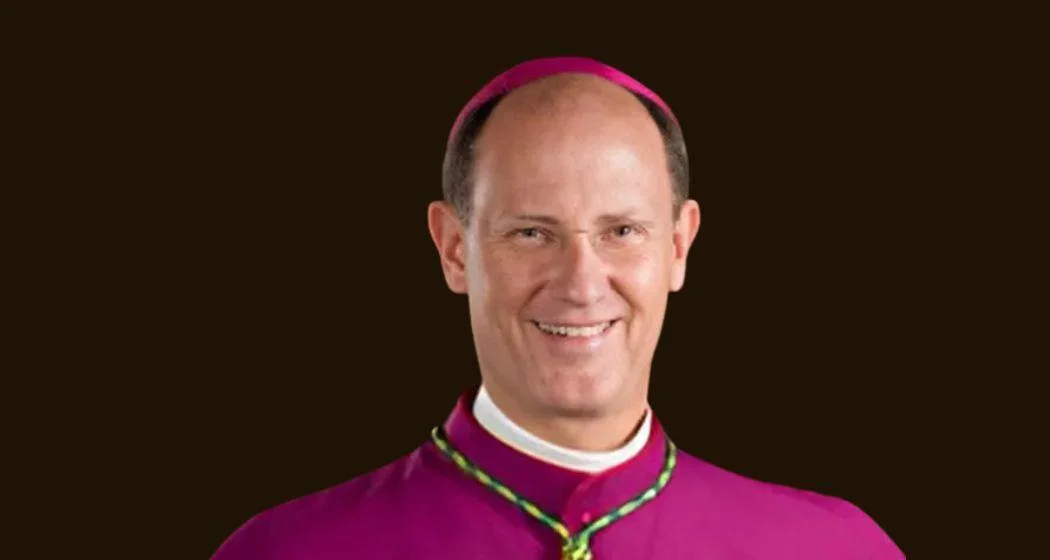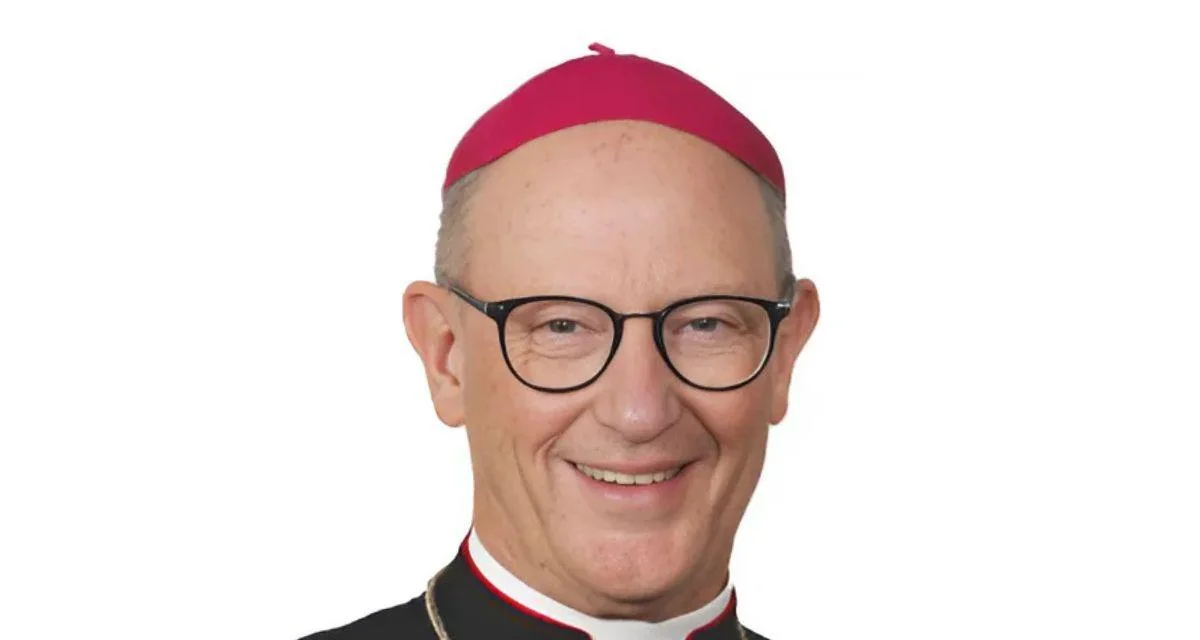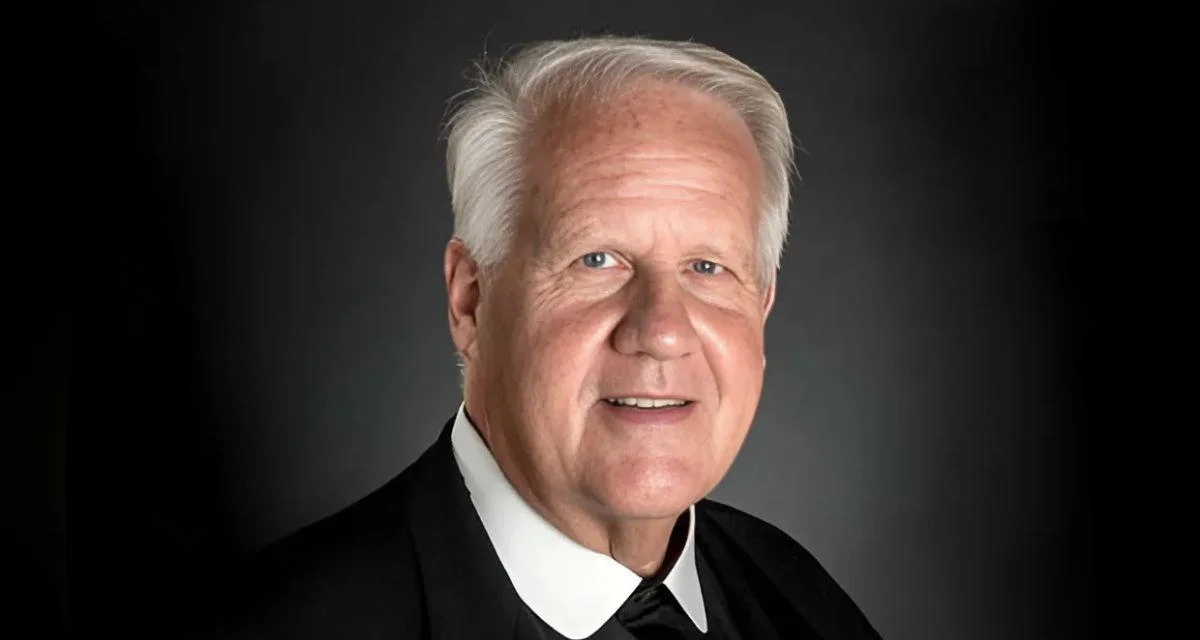
Bishop Thomas John Paprocki | Diocese of Springfield
Artificial insemination introduces sperm into a woman’s body using a thin tube (cannula) or other instruments to induce pregnancy. This process can be either homologous (using sperm from the woman’s husband) or heterologous (using sperm from a man she is not married to). Both forms of artificial insemination raise significant moral concerns.
The procedure of introducing a cannula through the reproductive tract and injecting sperm raises issues about reducing a woman to a conduit for obtaining a child. These actions are seen as failing to respect the personal and intimate aspects of a woman’s relational femininity and sexuality, treating her as an “object” for ulterior purposes. Similarly, men violate their sexuality by reducing their involvement to “producing a sample,” usually through masturbation, which technicians then use to impregnate his wife or another woman. Children conceived in this manner may also be treated as objects or “projects to be realized,” rather than gifts arising from shared bodily intimacy and union.
In 1949, Pope Pius XII recognized these moral concerns when he wrote: “To reduce the common life of a husband and wife and the conjugal act to a mere organic function for the transmission of seed would be but to convert the domestic hearth, the family sanctuary, into a biological laboratory. Therefore … we expressly excluded artificial insemination in marriage.”
The Catholic Church addressed this issue again in 1987 in Donum Vitae (On the Gift of Life), stating that whenever technical means "facilitates the conjugal act or helps it reach its natural objectives, it can be morally acceptable. If, on the other hand, the procedure were to replace the conjugal act, it is morally illicit [unacceptable]. Artificial insemination as a substitute for the conjugal act is prohibited."
Some Catholics have suggested that artificial insemination might occasionally be permitted based on another passage from Donum Vitae: “Homologous artificial insemination within marriage cannot be admitted except for those cases in which the technical means is not a substitute for the conjugal act but serves to facilitate and help so that the act attains its natural purpose.”
Currently, there do not seem to be any real-world examples of insemination technologies that facilitate rather than replace the conjugal act. Hence, while theoretically possible, no specific technical methods currently exist that align with this statement. The core problem remains that even if sperm were collected without masturbation, introducing it into a woman’s reproductive tract through any mechanical means would invariably involve substituting or replacing the conjugal act.
A couple could procure sperm without masturbation using a “silastic sheath” during marital relations (a perforated condom without spermicide). This method allows some sample collection while ensuring each marital act remains open to transmitting life.
However, even with morally permissible sperm procurement techniques, subsequent mechanical injection steps raise serious moral concerns. A marital act would not cause pregnancy; at best, it would collect gametes (sperm). Pregnancy would result from new causes where technicians' mechanical actions substitute for and violate marital intimacy.
Homologous artificial insemination does not facilitate but replaces natural acts with others that violate spousal unity in marriage and children’s right to conception within marital embrace.
The beauty of marital embrace and desire for children make accepting infertility challenging but offer opportunities for deeper spiritual fruitfulness guided by faith.



 Alerts Sign-up
Alerts Sign-up